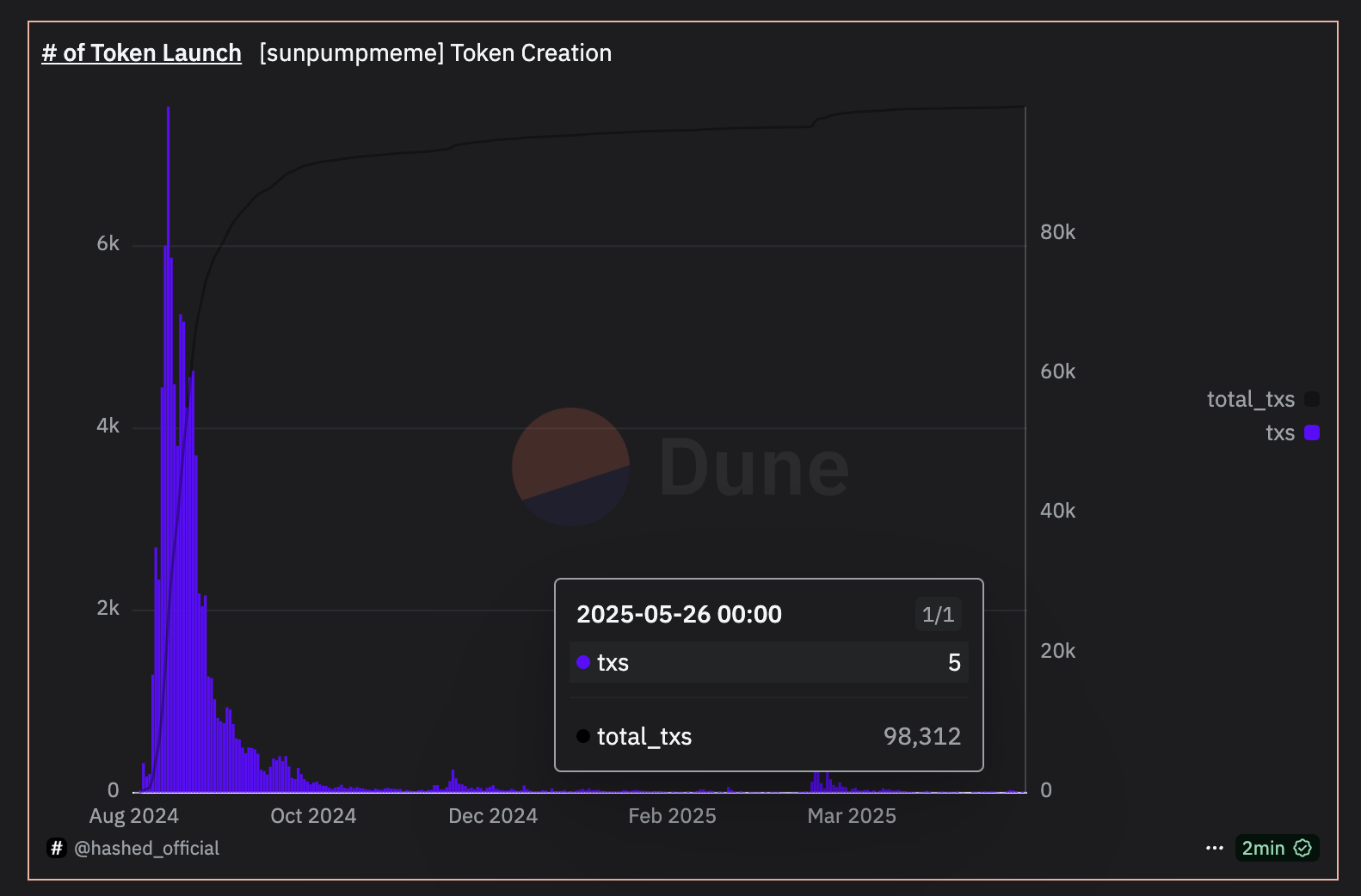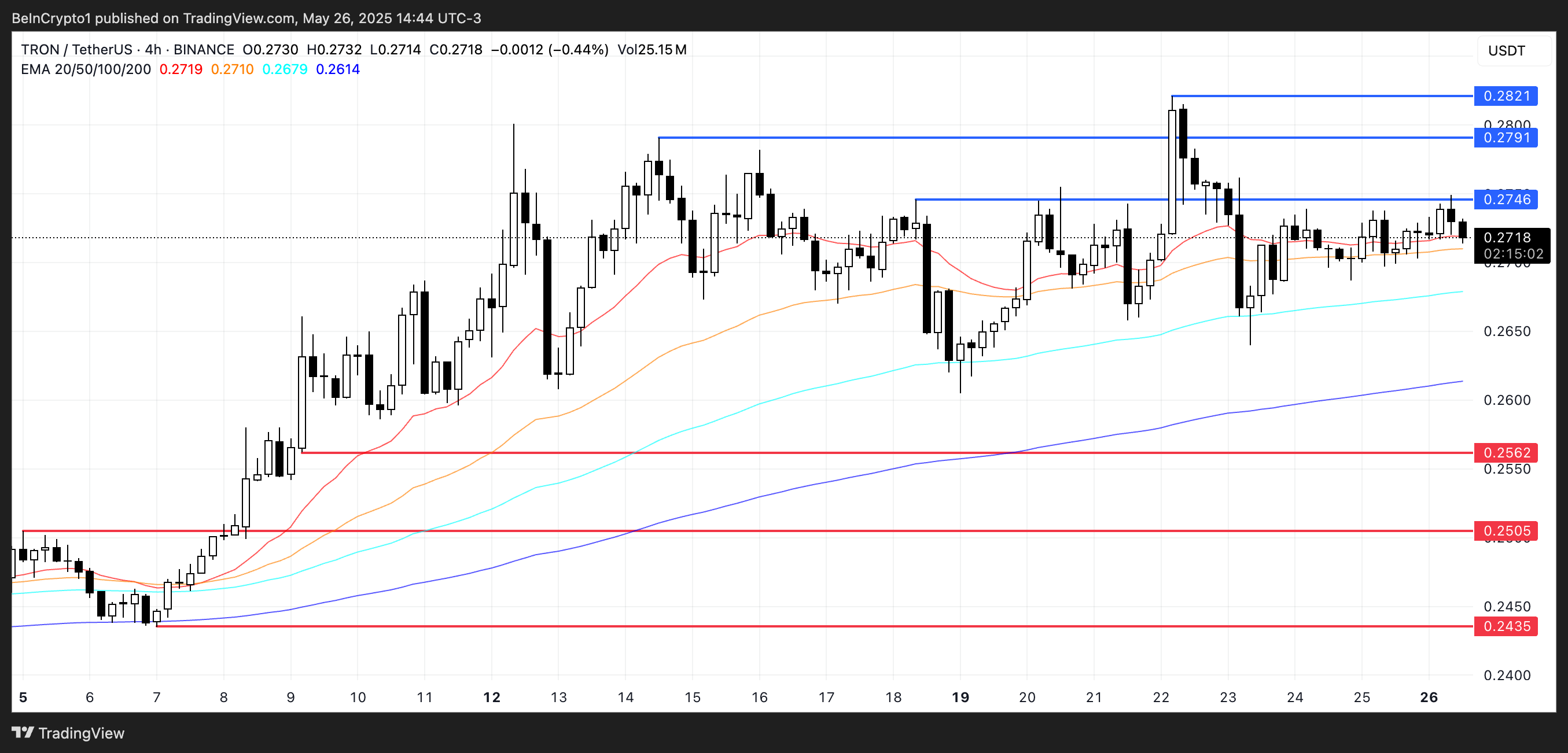Warren Buffett, the legendary investor and CEO of Berkshire Hathaway (NYSE: BRK.A, BRK.B), has made headlines once again with a bold pivot towards bonds. After a significant period of selling stakes in major companies, Buffett has fortified his cash reserves, raising an impressive $1.9 billion through the issuance of Samurai bonds—his largest bond sale in Japanese currency in the last five years, as reported by Reuters on October 10.
A Shift Towards Cash And Bonds
The recent bond sale reflects Buffett’s strategic shift amid a volatile market landscape. While the exact use of the proceeds remains unspecified, Berkshire Hathaway plans to allocate the funds for general corporate purposes. Speculation abounds regarding Buffett’s intentions, particularly his increasing focus on the Japanese market, which has witnessed notable growth in recent years. This move aligns with Buffett’s renowned investment philosophy, characterized by a keen eye for value opportunities.
Exploring Japanese Opportunities
Buffett’s pivot towards Japan is more than just a tactical decision; it’s part of a broader strategy to tap into lucrative opportunities beyond U.S. borders. Japan’s trading firms present a unique appeal for Buffett, offering stable dividends and diversified business models. These firms provide access to the global commodity market, aligning with Buffett’s value investing principles. The impact of his involvement has already been felt, contributing to an impressive 18% rally in Japan’s benchmark Nikkei index in 2024, further enhancing the allure of the Japanese market for foreign investors.
As of the end of the second quarter, Berkshire Hathaway’s cash reserves have surged, nearing the $280 billion mark. This substantial cash pile has drawn attention, particularly in light of Buffett’s recent offloading of stakes in prominent companies like Bank of America (NYSE: BAC) and Apple (NASDAQ: AAPL). Observers speculate about Buffett’s outlook on the U.S. stock market, with notable figures such as Tesla CEO Elon Musk suggesting that Buffett may be positioning himself for a potential market downturn following the November presidential elections.
Despite the uncertainties surrounding the U.S. economy, Buffett‘s increasing focus on Asian markets underscores his belief in the potential for growth outside the United States. Historically, Buffett has exhibited a strategy of patience, often sitting on significant cash reserves while awaiting the perfect investment opportunity. His recent actions indicate that he remains bullish on the Asian market, which could pave the way for strategic acquisitions in the near future.
Also Read: Buffett Exits Snowflake – Analysts Predict 49% Upside As SNOW Faces Challenges
The Road Ahead for Berkshire Hathaway
Warren Buffett’s strategic shift towards Samurai bonds and his growing cash reserves signify a calculated response to changing market conditions. As he navigates the complexities of both the U.S. and Japanese markets, investors will be watching closely to see how Buffett leverages his cash pile and whether he capitalizes on emerging opportunities. With a keen eye for value and a history of strategic patience, the Oracle of Omaha may be gearing up for his next big move, reinforcing his legacy as one of the world’s most astute investors.








